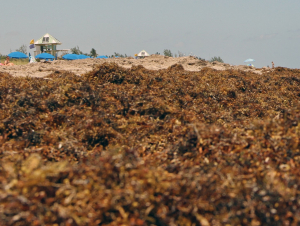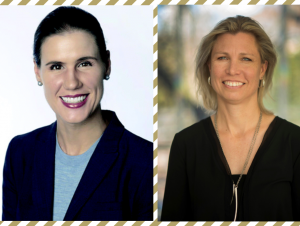To request a media interview, please reach out to experts using the faculty directories for each of our six schools, or contact Jess Hunt-Ralston, College of Sciences communications director. A list of faculty experts is also available to journalists upon request.
Latest News
A new study has found that variability in night-to-night sleep time and reduced sleep quality adversely affect the ability of older adults to recall information about past events. The study also found unexpected racial differences in the type of sleep patterns tied to lower memory performance across both younger and older African American research participants.
Some animals that can’t manufacture their own chemical weapons feed on toxic organisms and steal their chemical defenses, having evolved resistance to them. One animal that does this is a sea slug that lives on the reefs surrounding Hawaii and dines on toxic Bryopsis algae. Marine scientists suspected the toxin is made by a bacterium that lives within the alga but have only just discovered the species responsible and teased apart the complex relationship between slug, seaweed, and microbe.
Exciting advances are likely to emerge from the 20-year-old field of engineering biology, or synthetic biology. Engineering biology/synthetic biology involves taking what we know about the genetics of plants and animals and then tweaking specific genes to make these organisms do new things. The field is now mature enough to provide solutions to many societal problems, according to a roadmap released on June 19 by the Engineering Biology Research Consortium.
Listen to Leucine Zipper and the Zinc Fingers, Lew Lefton, and David Hu. Be amazed with Matt Baker's card magic!
An international group of microbiologists, including Georgia Tech's Frank Stewart, is warning that as science tries to search for climate-change solutions, it’s ignoring the potential consequences for climate change’s tiniest, unseen victims – the world’s microbial communities.








